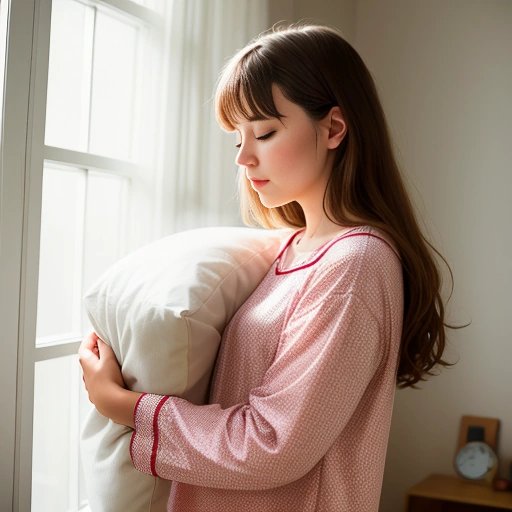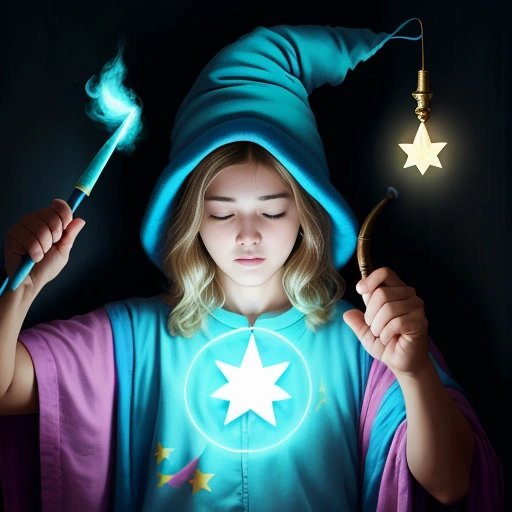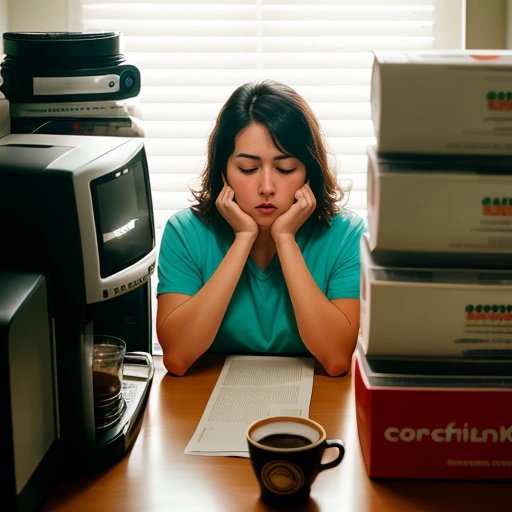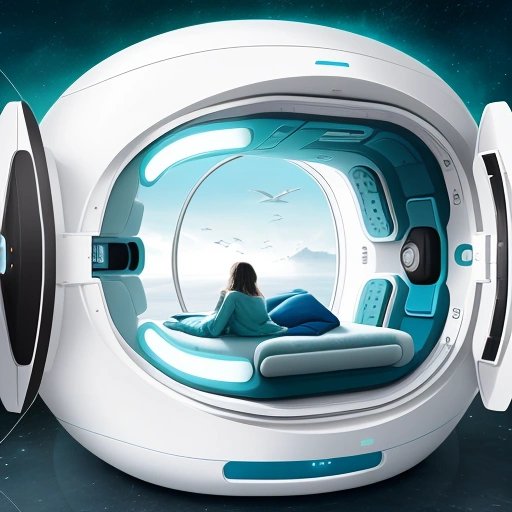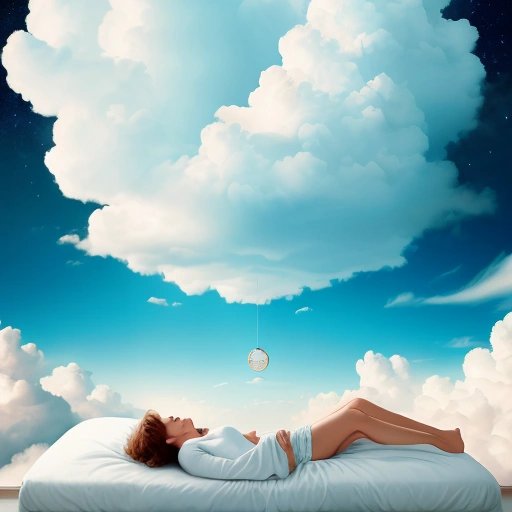In a shocking twist of scientific discovery, a new study has revealed that people who sleep longer are actually more tired! Yes, you heard that right. It turns out that those who log more hours in dreamland are waking up feeling groggier than ever before. This groundbreaking research has left experts scratching their heads and desperate for answers.
The study, conducted by a team of sleep specialists at the University of Sleepville, aimed to investigate the relationship between sleep duration and fatigue. The researchers recruited a diverse group of participants, ranging from self-proclaimed "early birds" to notorious "night owls". Each participant was asked to track their sleep patterns and rate their levels of tiredness upon awakening.
To everyone's astonishment, the results showed a clear pattern: the longer people slept, the more exhausted they felt. Participants who indulged in marathon sleep sessions of 10 hours or more reported feeling as though they had been hit by a sleep truck. Some even claimed to have developed a chronic case of "sleep fog", where their minds felt perpetually stuck in a hazy dreamlike state.
Naturally, the scientists were baffled by this peculiar phenomenon. How could more sleep lead to greater weariness? As theories were tossed around like tossed salad, one hypothesis gained traction. It postulates that excessive sleep causes an imbalance in the body's sleep-wake cycle, confusing our poor brain cells and leaving them desperately searching for an exit out of Slumberland.
But not everyone is convinced. Skeptics argue that this study is simply a ploy by the coffee industry to sell more caffeine-laden beverages. "It's all a conspiracy to keep us dependent on our daily dose of java," claims Joe Sleepyhead, a self-proclaimed sleep activist. "They want us to believe that sleep is the enemy, when in reality, it's the key to a happy and well-rested life."
Regardless of the skeptics, the study's findings have ignited a nationwide debate on the optimal amount of sleep required for achieving peak wakefulness. Sleep gurus and self-proclaimed sleep wizards have taken to the airwaves to offer their sage advice on the matter. Some claim that power naps are the secret to everlasting energy, while others advocate for a strict regimen of five and a half hours of shut-eye per night.
As the nation grapples with this newfound understanding of slumber, society has been forced to confront the consequences of sleep's elusive grip. The workplace has become a battlefield, with yawning employees fighting a losing war against exhaustion. Coffee machines are working overtime, churning out cup after cup of liquid energy to keep weary souls upright.
But amidst the chaos, there lies a glimmer of hope. Scientists are now exploring groundbreaking technologies that could revolutionize the way we sleep. From high-tech sleep pods that promise the perfect power nap to futuristic sleep helmets that optimize brainwaves, the future of sleep may be brighter than we ever imagined.
In the meantime, sleep-deprived individuals across the globe are left to navigate this topsy-turvy world of sleep and exhaustion. With each bleary-eyed morning and each yawn-filled afternoon, we press on, searching for that elusive balance between too much sleep and not enough.
And so, dear readers, as we embark on this peculiar journey of understanding the connection between sleep duration and fatigue, let us remember to embrace the absurdity of it all. After all, life is but a strange dream, and it's up to us to find the humor in its ever-tiring twists and turns.
So, the next time you find yourself buried under the covers, unable to summon the energy to face the day, just remember: it's not the amount of sleep that determines your tiredness, but the whims of the sleep gods themselves. And if all else fails, well, there's always coffee.

